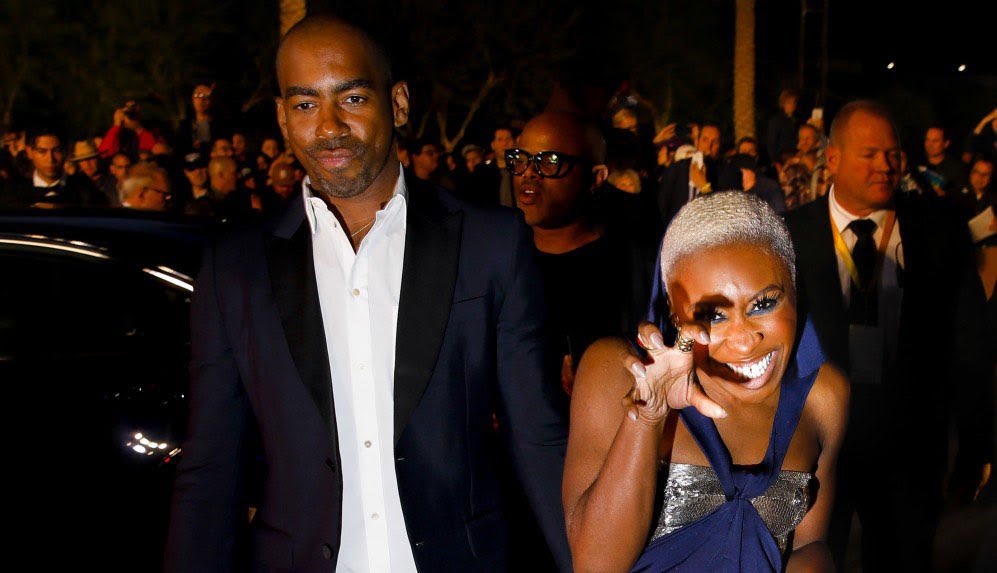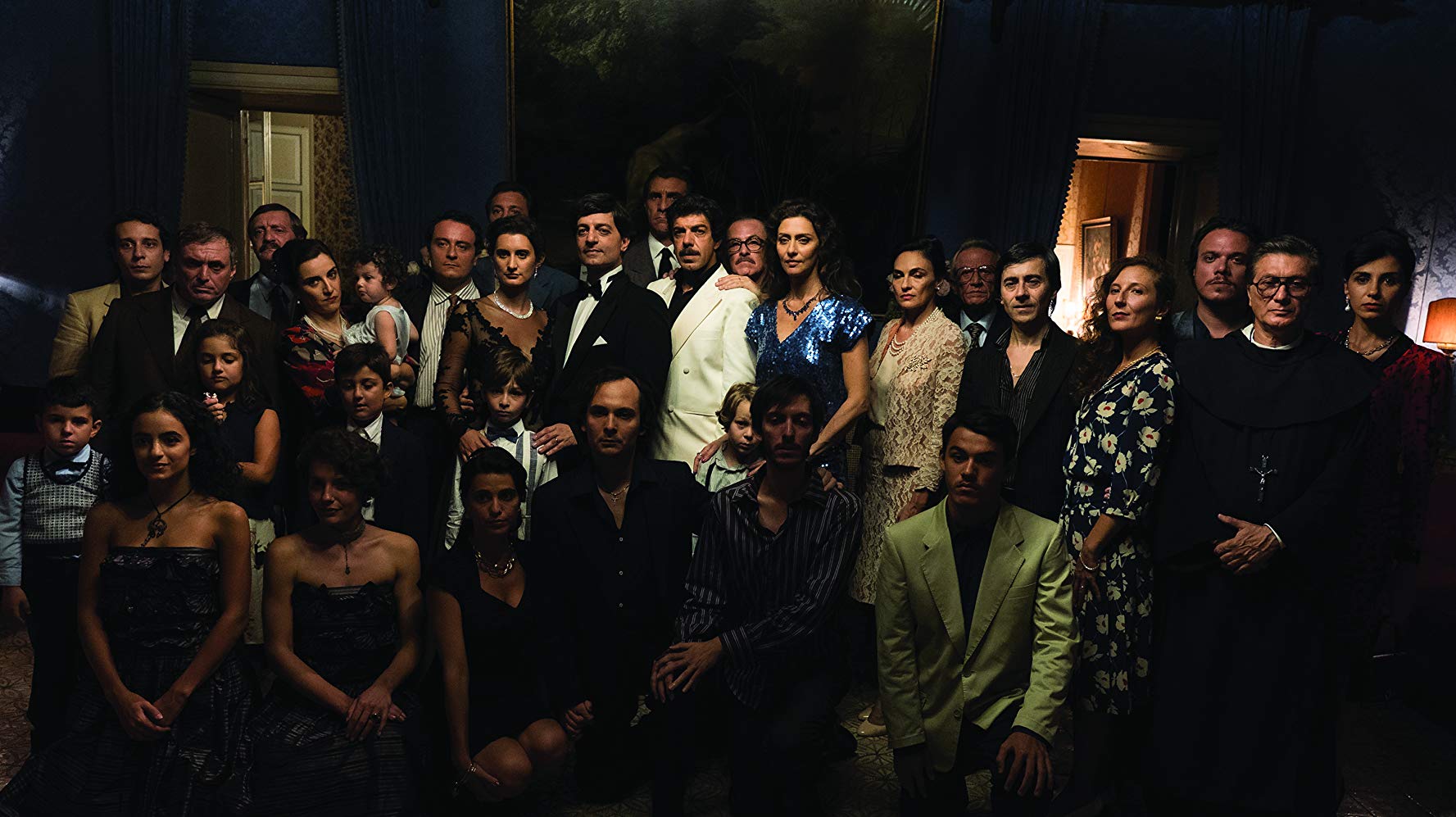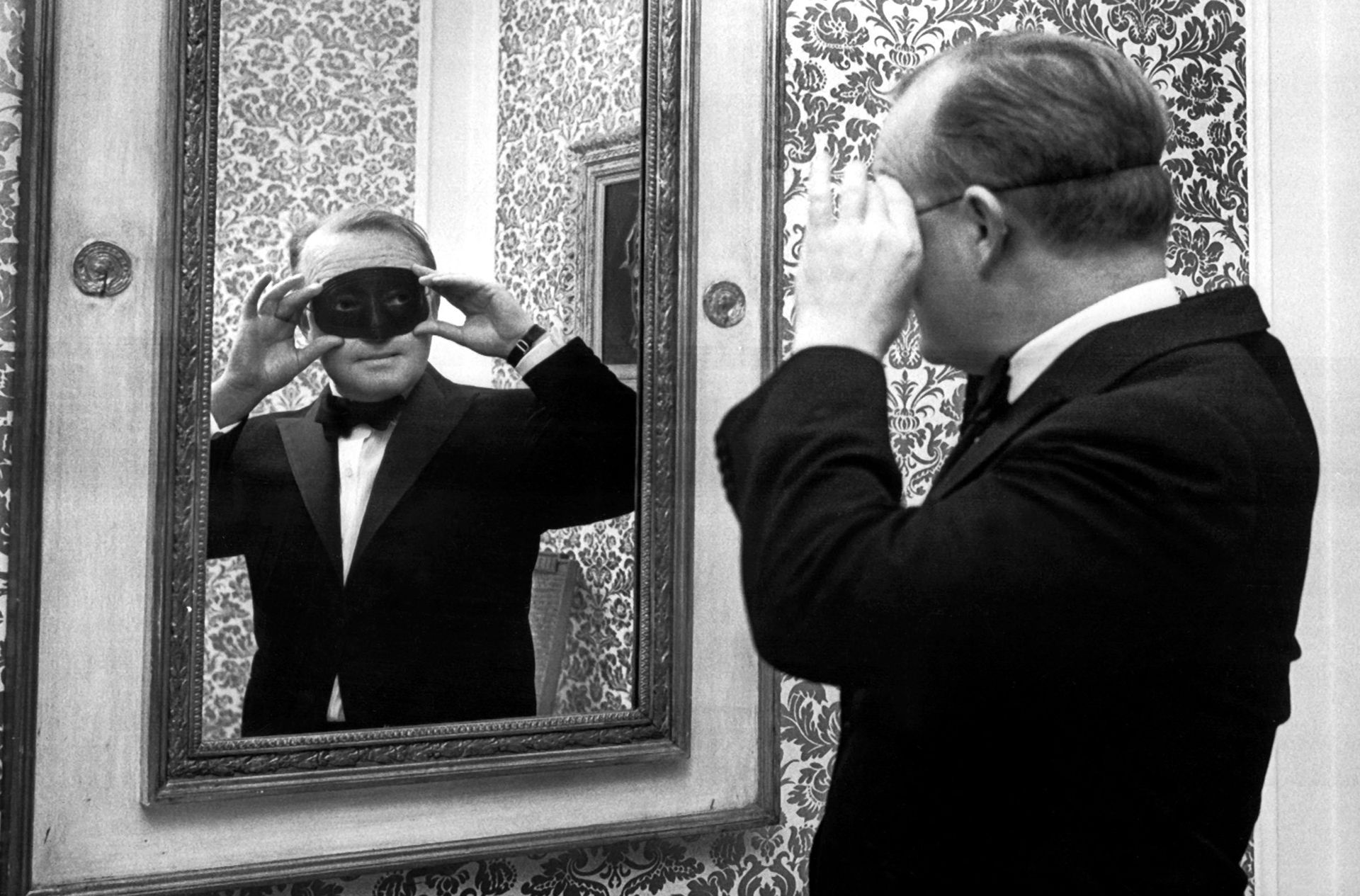STARRY DESERT NIGHTS
With JLo, Charlize, Joaquin, Antonio and Renée


Poor Farrah Fawcett. Celebrated in life, she was upstaged in death when Michael Jackson died on the same day she did. She owned the headlines for a mere five and half hours until news surfaced that the King of Pop had passed. After that, images of her voluminous hair and dazzling smile were relegated to below the fold coverage, cheating the beauty of her posthumous moment in the spotlight.
That’s sort of what happened when just hours after The Palm Springs International Film Festival announced its winners, the Academy of Motion Picture Arts and Sciences unveiled their 2020 Oscar nominees, thus revealing the two faces of the film business. The first is the glamor and glitz-wrapped, sometimes cut-throat business of the major studios that market their product to the masses. The other is one of passion and the appreciation of film as an art form. The PSIFF, now in its 31st year, gingerly straddles the two. While its red-carpeted Opening Night Awards Gala recognizes talent in mostly commercial fare and delivers an extraordinary amount of star wattage (this year’s honorees included Charlize Theron, Joaquin Phoenix, Martin Scorsese, Renée Zellweger, Antonio Banderas, Jennifer Lopez, Laura Dern, Adam Driver and Cynthia Erivo), it’s the second that lies at its heart.

With over 135,000 attendees, it’s the third largest film festival in the country and yet, to the filmmakers whose movies are shown there, it’s the audience, not its size, that matters. According to David Ansen, who served as Newsweek magazine’s film critic for 35 years before taking the reins as the festival’s lead programmer, “I can’t tell you how many filmmakers told me this was the best audience they’ve ever had, and these are people who have gone to a lot of festivals.”

Palm Springs’ adventurous audience, which honored Bhutan’s Lunana: A Yak in the Classroom with its Audience Award for Best Narrative Feature, is slightly older than traditional moviegoers. Unafraid of subtitles, they embrace the festival’s international offerings from 81 countries, including 51 films that were submitted for Academy Award consideration. It’s that concentration on international films that makes the festival such an accurate bellwether of the Best International Feature Film Oscars.
Included in this year’s cinematic smorgasbord was Parasite, Bong Joon-Ho’s black comedy about a group of South Korean haves and have nots that was nominated for two Academy Awards including Best Director and Best International Feature Film, and won the International Federation of Film Critics’ FIPRESCI prize for Best International Screenplay.
Spanish director Pedro Almodovar’s masterwork, Pain and Glory also earned two Oscar nominations this week. One for its star, Antonio Banderas, and the other for Best International Feature Film. Almodovar’s most personal movie, about a director searching for a catalyst to ignite his stalled creativity, delighted audiences, especially when Mr. Banderas sat down for 45-minute conversation with Mr. Ansen following one of the film’s screenings.

Les Miserables, director Ladj Ly’s politically-charged, semi-autobiographical story about growing up the son of immigrants outside of Paris, delivered French fare and received a Best International Feature Film Oscar nomination.
Poland’s Corpus Christi not only garnered an Academy Award nomination for Best International Feature, it also won the festival’s Young Cineastes Award for director Jan Konas, and its star, Bartosz Bielenia, took home the FIPRESCI prize for Best Actor for his performance as a 20-year-old prisoner who passes himself off as a priest in a village desperately in need of redemption.

Dripping with goodness, Honeyland rounds out the five films that received International Feature Film Oscar nominations. The movie, which tells the story of a North Macedonian beekeeper whose farm is threatened by the arrival of disruptive neighbors, is the first time a film has been nominated for both Best International Feature Film and Best Documentary Academy Awards in the same year.
Other FIPRESCI awards went to Beanpole for Best International Feature. The movie was directed by a young director, Kantemir Balagov, who Mr. Ansen predicts will be the next great Russian filmmaker. Another young talent, twelve-year-old actress, Helena Zengel, took home the FIPRESCI prize for Best Actress for her role in Germany’s System Crasher.
The Audience Award for Best Documentary went to Gay Chorus Deep South. Part of the Queer Cinema Today program, the film follows the San Francisco Gay Men’s Chorus as it embarks on a high-risk tour of the Deep South.
Not to be confused with the Audience Award for Best Documentary, the Best Documentary Award went to Talking About Trees, the story of four Sudanese filmmakers’ struggle to revive the culture of cinema in a country where politics and fundamentalism have destroyed the film industry.
Director Melina Leon won the New Voices/New Vision award for her powerful debut, Song Without a Name, about a woman whose newborn baby is kidnapped by a massive child smuggling operation. Rounding out the award winners were Israel’s Advocate, Columbia’s Monos, and Morocco’s Adam.
Other international highlights included Hungary’s Those Who Remained, a heart-wrenching story about a young Holocaust survivor who believes that her parents will return; Italy’s The Traitor, which tells the true story of the first Mafia boss to break the Costa Nostra code of silence; and South Africa’s Moffie, part of the festival’s Queer Cinema Today program, which takes us into the world of a military recruit who has to hide his homosexuality in order to survive the brutally homophobic environment meant to prepare him to defend Apartheid.

The festival’s Talking Heads series presented in-depth conversations with some of the year’s top creators. Aside from Antonio Banderas, the program offered conversations with Hustlers director, Lorene Scafaria and screenwriter, Jessica Pressler; Motherless Brooklyn’s director and star, Edward Norton; and author Christine Leunens whose novel, Caging Skies, was the inspiration for JoJo Rabbit.

With so many films being made, how does the programmer decide what films to present? “I know my audience,” Mr. Ansen explained. “There are certain films that are a slamdunks, that I know will really play really well to the Palm Springs audience. Then there are films that may be bit more challenging, but the filmmaking is so good and the director is someone you’ve got to watch because they’re going to become a major filmmaker.”
One such director is François Girard, whose film Song of Names, starring Tim Roth and Clive Owen, is a sweeping epic set in Holocaust-era Poland. “I knew it would resonate with our audience,” said Ansen.
Then there’s lighter fare, like the festival’s crowd-pleasing opening night film, An Almost Ordinary Summer. “Opening night films are always tricky,” Ansen noted, “A few years back we showed The Post and everybody involved with the movie came — Spielberg, Tom Hanks and Meryl Streep – it was our most star-studded opening ever. This year we went in the opposite direction – a movie without big stars, but it is a very funny upbeat story with a strong LGBTQ component that hit the audience’s sweet spot.”
Ansen spends a lot of time looking at documentaries, which typically represent 6-7 of the audience’s top picks. He believes that the world is in such a precarious state that people are hungry for things that really resonate. “I was going to see Coup 53 about the coup in Iran in 1953 that overthrew the democratically elected government and I thought, this movie couldn’t be more topical. I mean, the Iranians had just launched their missiles.”
One of the programmer’s favorites was Born to Be, a documentary about Dr. Jess Ting, a pioneer in transgender surgery at Mt. Sinai Hospital. “It’s really gratifying when you see a movie that really changes people’s thinking and opens their hearts and minds. Born to Be is one of those movies,” he said.

Other memorable documentaries were The Capote Tapes, The Kingmaker, Searching for Mr. Rugoff, and Changing the Game, about trans high school athletes.
A discovery that you won’t want to miss is Straight Up, which Mr. Ansen calls, “A very funny 21st century screwball comedy, with rapid fire wit like an old Rosalind Russell movie, but with a modern, millennial sensibility. Its star, James Sweeney, is somebody I think you’re going to hear from.”

Coming out of the festival, we’re armed with a roadmap of tomorrow’s stars and must-see movies. We’re also reminded of that second face of Hollywood, the one that embraces the art of film and the discovery of new talent that will take their rightful place in popular culture, regardless of the 24-hour news cycle that knocks award winners off the front page.


